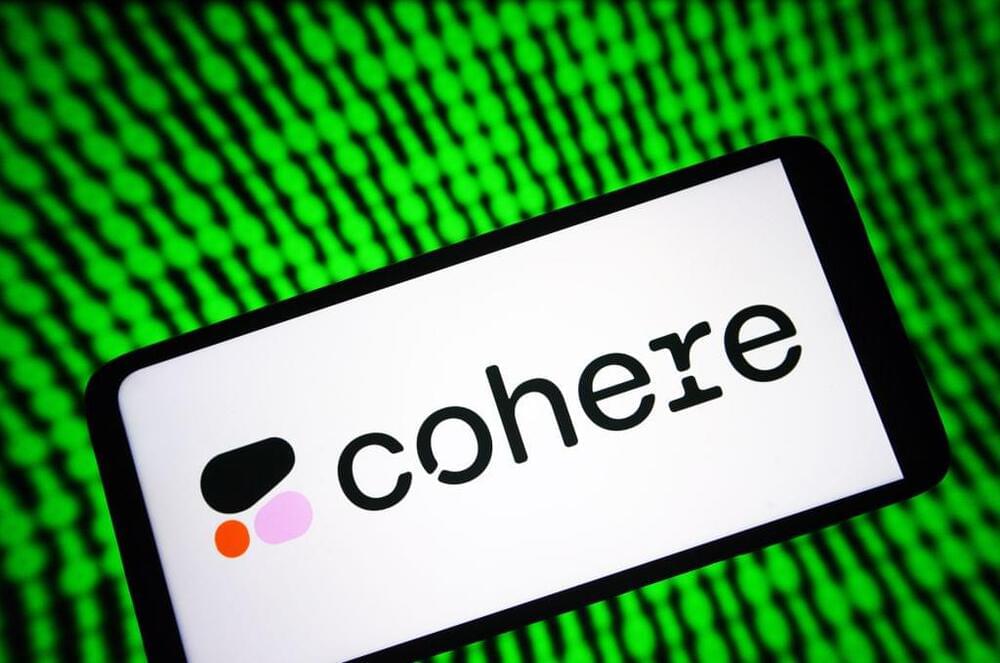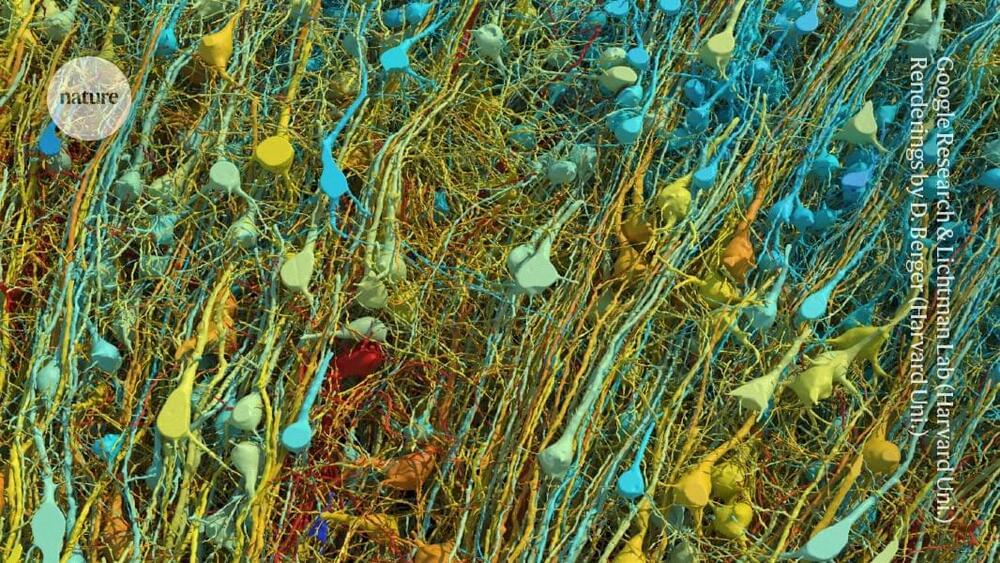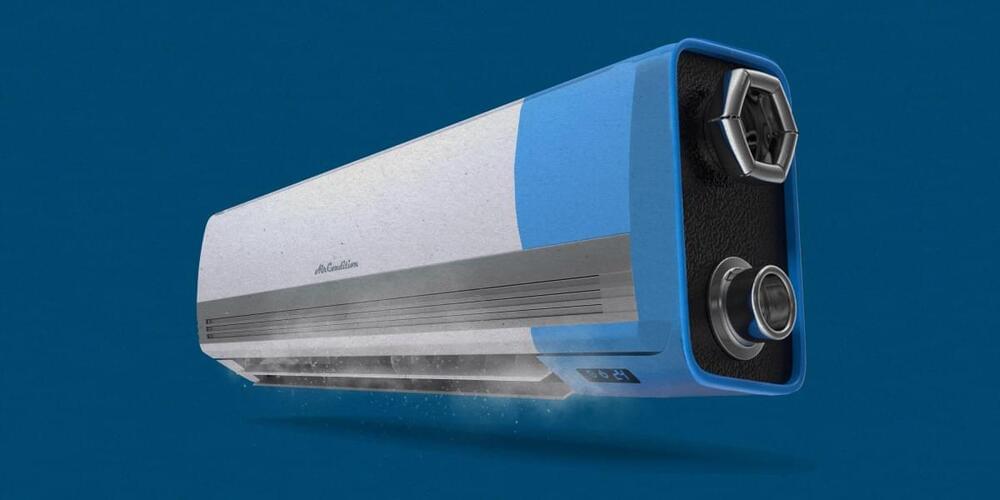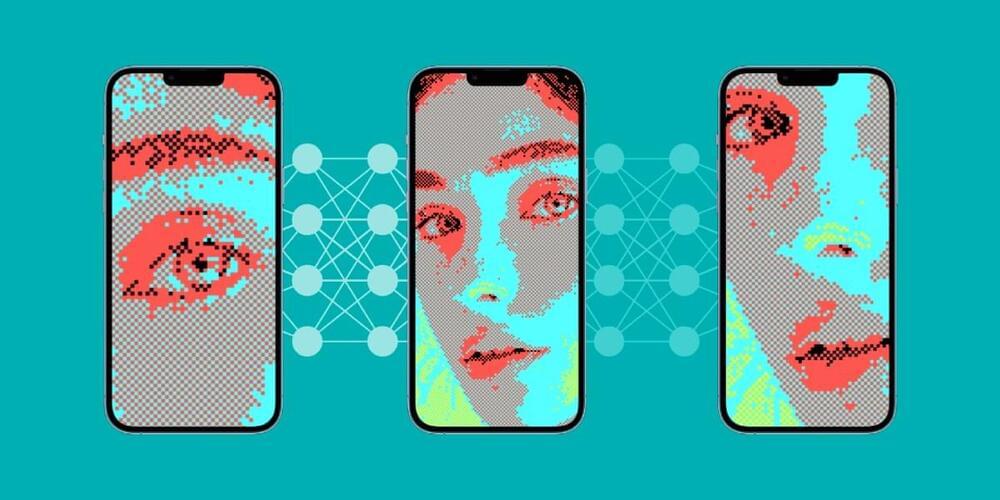
But that doesn’t mean Frosst is bullish on everything the industry is building. He doesn’t think AI is really ever going to get to artificial general intelligence, defined as human-level intelligence, which is a noticeably different narrative from some of Frosst’s AI peers like Mark Zuckerberg and Jensen Huang. He added that if the industry does get there, it’s not going to be for a long time.
“I don’t think we’re gonna have digital gods anywhere, anytime soon,” Frosst said. “And I think more and more people are kind of coming to that realization, saying this technology is incredible. It’s super powerful, super useful. It’s not a digital god. And that requires adjusting how you’re thinking about the technology.”
Frosst said they try to be realistic at Cohere about what AI technology can and can’t do and what types of neural networks can provide the most value. Cohere’s approach to building its business model is based on the research work of Cohere co-founder and CEO Aidan Gomez while at Google Brain. Gomez is, of course, known for his extensive AI research. He’s most famous for co-writing a paper that bought AI the transformer model that ushered in this generative AI era. But he also co-wrote a paper in 2017 called One Model to Learn Them All. This research came to the conclusion that an all-encompassing large language model is more useful than small models trained for a specific task or on data from a specific industry, Frosst said.

















